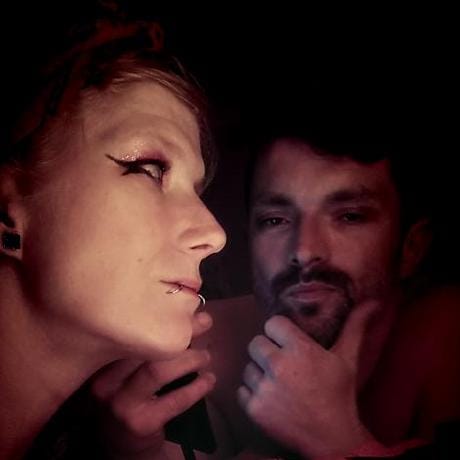1import OpenAI from "https://esm.sh/openai@4.96.0";
2import { getDistance } from "https://esm.sh/geolib@3.3.4";
3const API_ROOT =
4 "https://esm.town/v/wolf/fixItWand/backend/workorders/locations";
5
6const openai = new OpenAI();
7
8export interface Site {
176
177 // Use GPT-4o-mini to find the best match
178 const chatResponse = await openai.chat.completions.create({
179 model: "gpt-4o-mini",
180 messages: [
35 console.log("🔊 Sending request to Groq Speech API");
36 const start = Date.now();
37 const response = await fetch("https://api.groq.com/openai/v1/audio/speech", {
38 method: "POST",
39 headers: {
291 }
292
293 // Using the OpenAI standard library for TTS
294 const { OpenAI } = await import("https://esm.town/v/std/openai");
295 const openai = new OpenAI();
296
297 const mp3 = await openai.audio.speech.create({
298 model: "tts-1",
299 voice: voice || "alloy",
23## Voice Options
24
25The app uses OpenAI's Text-to-Speech API with these voices:
26
27- Alloy - Neutral, versatile voice
223 const { text, voice } = await request.json();
224
225 // Using the OpenAI standard library for TTS
226 const { OpenAI } = await import("https://esm.town/v/std/openai");
227 const openai = new OpenAI();
228
229 const mp3 = await openai.audio.speech.create({
230 model: "tts-1",
231 voice: voice || "alloy",
1// List of available voices for OpenAI TTS API
2export const voices = [
3 { id: "alloy", name: "Alloy", description: "Neutral, versatile voice" },
190 const { text } = await request.json();
191
192 // Using the OpenAI standard library for TTS
193 const { OpenAI } = await import("https://esm.town/v/std/openai");
194 const openai = new OpenAI();
195
196 const mp3 = await openai.audio.speech.create({
197 model: "tts-1",
198 voice: "alloy",
14const urls = [
15 "https://console.groq.com/docs/quickstart",
16 "https://console.groq.com/docs/openai",
17 "https://console.groq.com/docs/models",
18 "https://console.groq.com/docs/rate-limits",
128 if (url.pathname === "/generate-character") {
129 try {
130 const { OpenAI } = await import("https://esm.town/v/std/openai");
131 const openai = new OpenAI();
132
133 // Define the Italian Brainrot character templates based on popular examples
158Create a character that perfectly fits this absurd meme universe without mentioning any specific brands or companies in the description.`;
159
160 const nameCompletion = await openai.chat.completions.create({
161 messages: [
162 { role: "system", content: brainrotSystemPrompt },
169 const characterName = nameCompletion.choices[0].message.content.trim();
170
171 const descriptionCompletion = await openai.chat.completions.create({
172 messages: [
173 { role: "system", content: brainrotSystemPrompt },
187
188 // Get a viral catchphrase
189 const catchphraseCompletion = await openai.chat.completions.create({
190 messages: [
191 { role: "system", content: brainrotSystemPrompt },
1import { Bot } from "https://deno.land/x/grammy@v1.35.0/mod.ts";
2import { DateTime } from "https://esm.sh/luxon@3.4.4";
3import { OpenAI } from "npm:openai";
4import { backstory } from "../backstory.ts";
5import {
13} from "../memoryUtils.ts";
14
15async function generateBriefingContent(openai, memories, today, isSunday) {
16 try {
17 const weekdaysHelp = generateWeekDays(today);
74 };
75
76 console.log("Sending prompt to openai...", userMessage);
77
78 const response = await openai.messages.create({
79 model: "claude-3-7-sonnet-latest",
80 max_tokens: 30000,
98export async function sendDailyBriefing(chatId?: string, today?: DateTime) {
99 // Get API keys from environment
100 const apiKey = Deno.env.get("OPENAI_API_KEY");
101 const telegramToken = Deno.env.get("TELEGRAM_TOKEN");
102
107
108 if (!apiKey) {
109 console.error("openai API key is not configured.");
110 return;
111 }
121 }
122
123 // Initialize openai client
124 const openai = new OpenAI({ apiKey });
125
126 // Initialize Telegram bot
145 // Generate briefing content
146 const content = await generateBriefingContent(
147 openai,
148 memories,
149 today,

